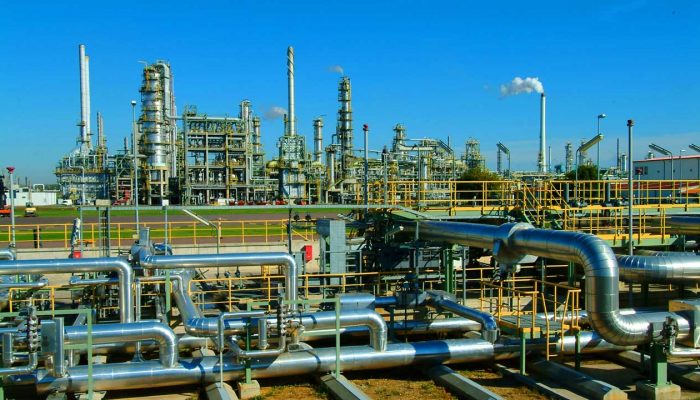International financiers, who were set to fund the construction of approximately 20 modular refineries in Nigeria, have withheld their funds due to significant challenges in securing guarantees for crude oil supply to these facilities upon completion. This development has stalled progress on a key initiative aimed at bolstering Nigeria’s refining capacity and reducing its reliance on imported refined petroleum products.
The primary issue lies with the producers of crude oil in Nigeria, who are predominantly international oil companies (IOCs). These producers have been unable to provide the necessary guarantees to assure the financiers that a steady and reliable supply of crude oil will be available to the modular refineries once they are operational. The lack of these guarantees has created a major hurdle for the financiers, who require such assurances to mitigate risks and ensure the viability of their investments.
As a result of this uncertainty, the funders have opted to withhold their financial commitments, leading to delays in the commencement of construction for these modular refineries. This impasse highlights the intricate challenges involved in coordinating the upstream and downstream sectors of Nigeria’s oil industry, particularly in ensuring that new refining capacities can be integrated smoothly with existing crude oil production frameworks.
The situation underscores the need for enhanced collaboration between the Nigerian government, international oil companies, and financial institutions to address the supply guarantee issues. Without resolving this bottleneck, the ambitious plans to expand Nigeria’s refining infrastructure and achieve greater energy self-sufficiency remain in jeopardy.















